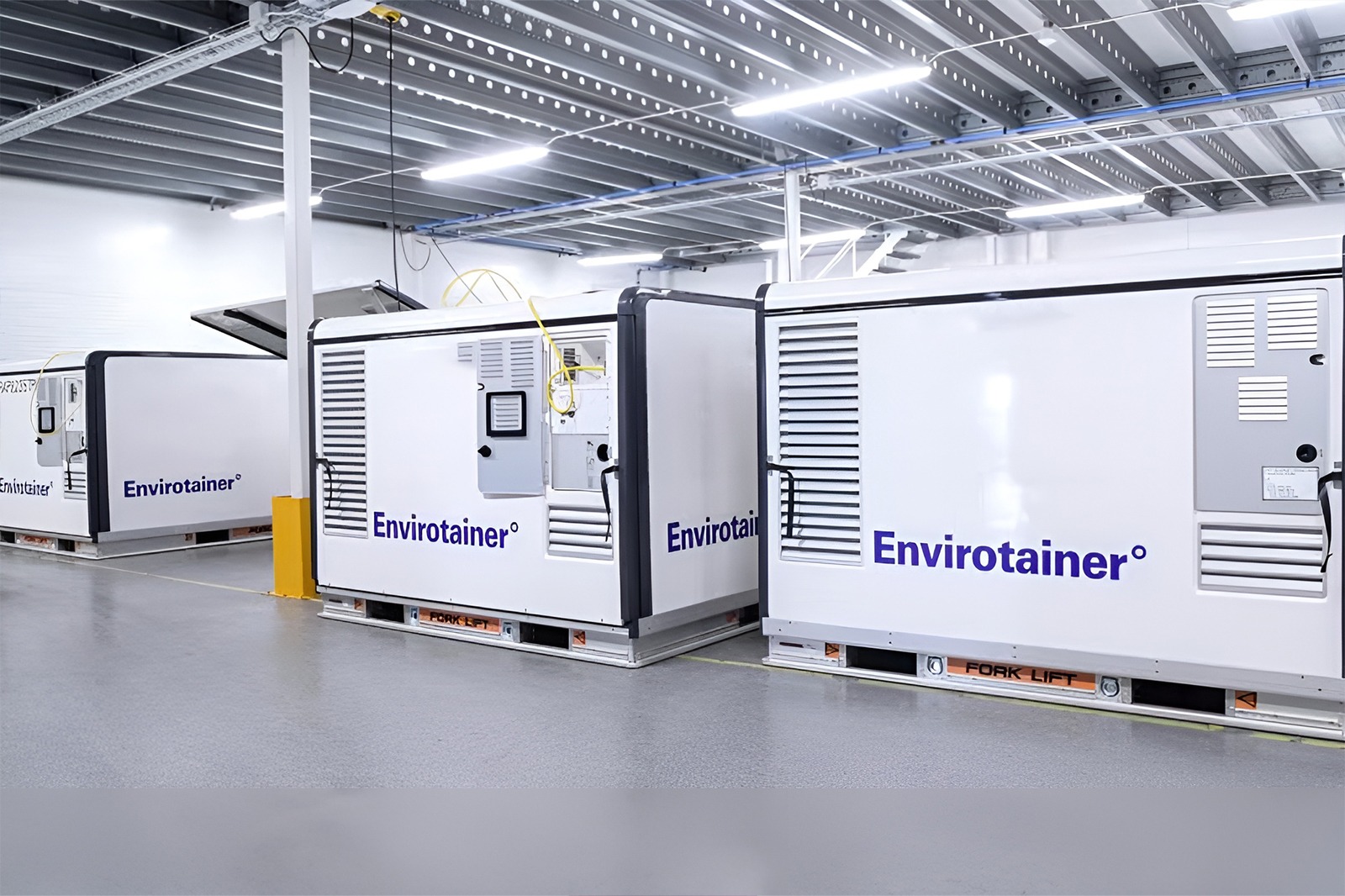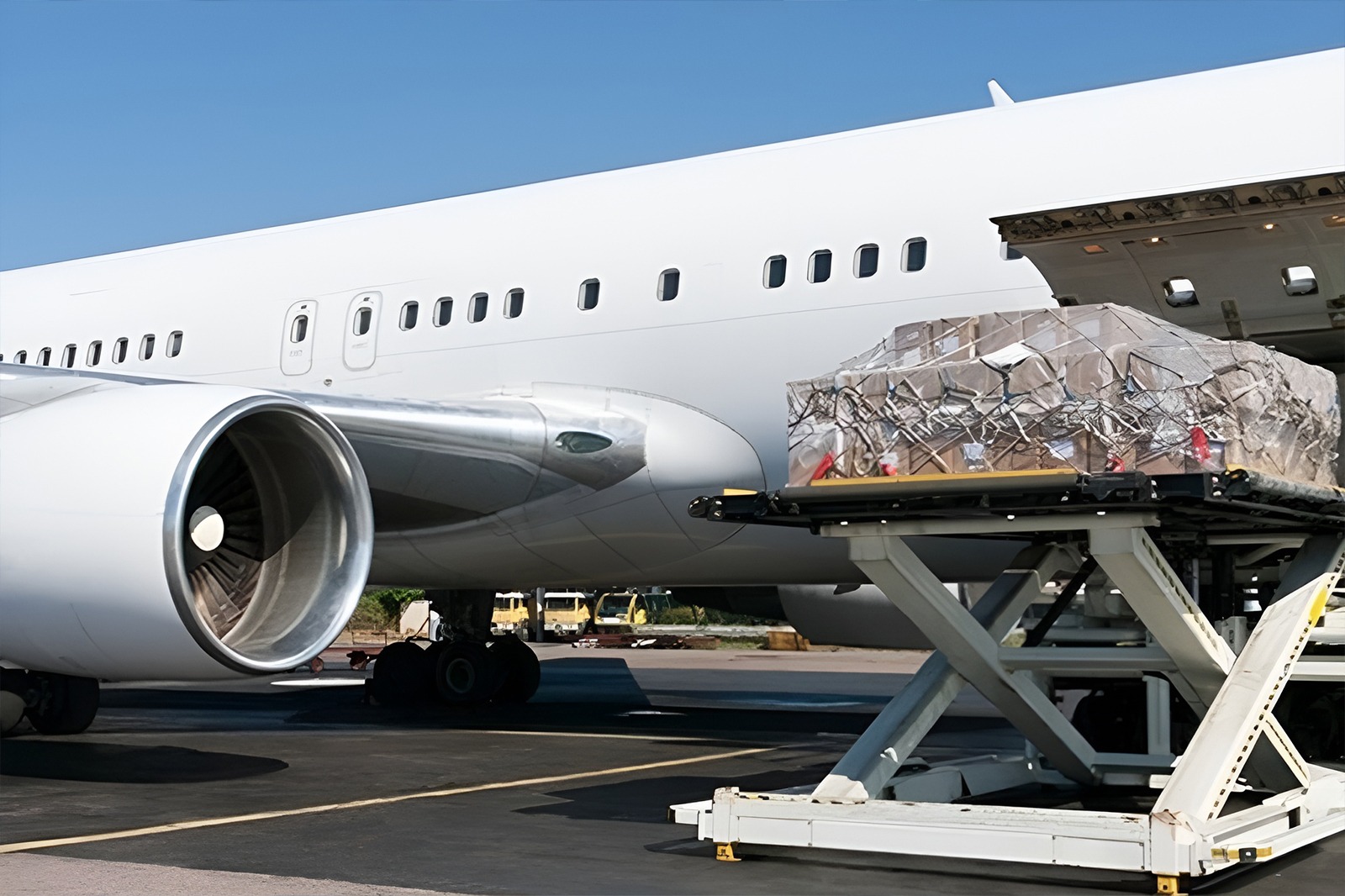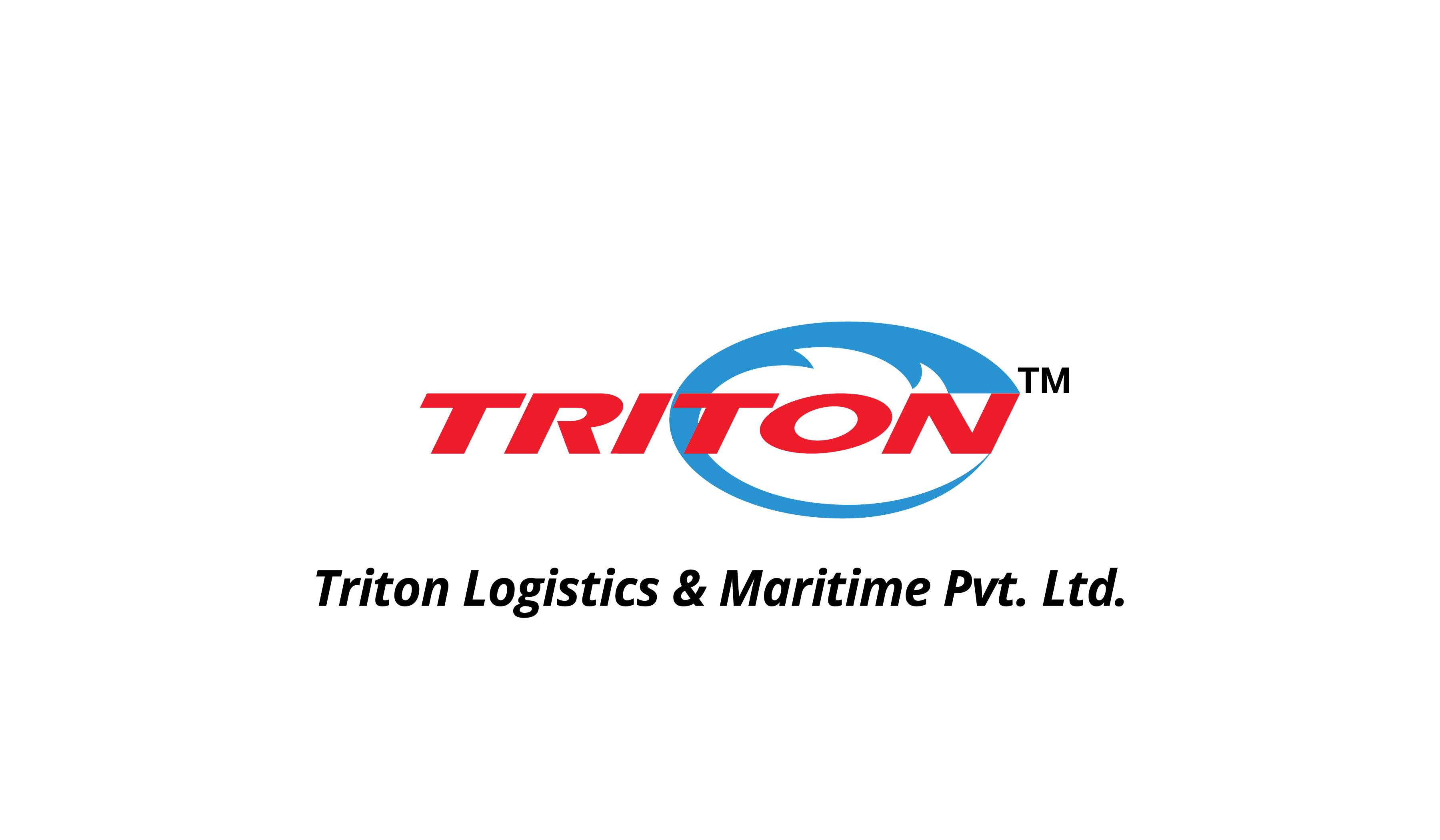
In an era of soaring pharmaceutical demand and tightening regulatory scrutiny, traditional cold chain logistics is no longer enough. Industry is now on the cusp of a major evolution—from cold to intelligent.
Pharmaceutical logistics in 2025 will require more than just temperature control. It will demand foresight, agility, and integration. Enter the Intelligent Chain—a predictive, tech-enabled supply chain that not only ensures visibility but also delivers actionable insights in real time.
The Growth Story Behind the Urgency
The global pharmaceutical industry is booming. According to Statista, revenue in the pharmaceutical sector is projected to grow at a CAGR of 4.71% from 2024 to 2029, reaching US$1,454 billion by 2029. This growth brings increased pressure on healthcare logistics to ensure timely, compliant, and damage-free delivery of life-saving drugs and biologics.

In parallel, the Indian cold chain logistics market is also on a steep trajectory. As per Grand View Research, it’s expected to hit US$37,128.6 million by 2030, growing at a CAGR of 23.5% from 2024 to 2030. However, mere growth isn’t enough—resilience, intelligence, and proactive solutions are now critical.
Maersk notes that 2025 will see more businesses integrating with logistics providers to build stronger, more resilient supply chains through visibility and partnership. Yet, what’s needed isn’t just visibility. It’s foresight. And that’s what the Intelligent Chain promises.
The Limitations of Traditional Cold Chain Logistics
Cold chain logistics has long been the standard for transporting temperature-sensitive pharmaceuticals like vaccines, insulin, and biologics. But the cracks are starting to show.
- Limited visibility during multi-modal or cross-border transit
- Reactive problem-solving, instead of proactive intervention
- Compliance burdens with increasing global regulatory demands
As logistics in India and other emerging markets scale up, these limitations translate into risk—both reputational and financial. Even a minute delay in pharmaceutical logistics can lead to million-dollar losses for manufacturers due to spoilage, regulatory penalties, or delayed clinical trials.
Triton’s Vision: What Is the Intelligent Chain?
At Triton Logistics and Maritime Private Limited, we believe the future lies in transitioning from a cold chain to an Intelligent Chain—a system built on real-time insights, AI-enabled predictions, and seamless integration.
So, what does the Intelligent Chain look like?
1. Predictive Analytics & Real-Time Monitoring
The Intelligent Chain does more than track temperature. It uses AI and IoT to predict delays, detect anomalies, and mitigate risks before they become crises. Think of it as shifting from a thermometer to a thermostat—from passive to proactive.
2. Integrated Supply Chain Ecosystem
A freight forwarder like Triton connects manufacturers, 3PLs, customs agents, and last-mile distributors under a single, cohesive platform. Integration enables end-to-end monitoring—ensuring accountability at every node.
3. Compliance, Serialization & Traceability
With tightening global regulations, serialization is non-negotiable. Intelligent logistics embeds digital tools that track every shipment’s journey—right from batch numbers to GPS locations—ensuring authenticity and compliance.
4. Scalability Across Geographies
No two markets are alike. The Intelligent Chain adapts logistics in India, Japan, Europe, and beyond to local regulatory, environmental, and infrastructural nuances. It’s built for scale and flexibility.
The Global Landscape: Why Asia is the New Frontier
The Asia-Pacific region—home to 60% of the world’s population—is becoming a cold chain logistics hotspot. According to Global Newswire, rising disposable incomes, growing online food and pharma retail, and stricter safety expectations post-COVID are accelerating cold storage investments.
Japan, for instance, is already a mature cold chain market. However, regulatory changes like the 2024 cap on overtime in transportation have sparked concerns around logistics efficiency. In response, players are turning to automation and predictive tech—hallmarks of the Intelligent Chain model.

Why It Matters: The Business Case for Intelligent Chain Logistics
The Intelligent Chain isn’t just a futuristic concept—it’s a business imperative.
- Improved Product Integrity
Real-time environmental data helps prevent spoilage or non-compliance, especially in sensitive shipments.
- Greater Operational Efficiency
Automation and AI minimize manual intervention, cut lead times, and reduce errors.
- Reduced Financial Risk
Even minor delays or deviations can cause product recalls or rejection. Intelligent systems mitigate these risks—saving millions in potential losses.
- Regulatory Confidence
With better traceability and documentation, you stay ahead of audits and avoid legal complications.
- Enhanced Customer Trust
With end-to-end visibility and predictive delivery timelines, pharma companies can offer transparency and accountability—critical in today’s trust-driven market.

Final Thought – 2025 and Beyond
The pharmaceutical industry is moving fast. The stakes are higher than ever, and the margin for error is shrinking.
With 2025, logistics in India and globally will no longer be measured by just timely deliveries, but by intelligent responsiveness, adaptability, and resilience. The future belongs to those who see the supply chain not just as infrastructure, but as intelligence in motion.
At Triton Logistics and Maritime Private Limited, we’re enabling the pharma industry to make that leap. With our expertise in freight forwarding and healthcare logistics, we’re building Intelligent Chains that future-proof your business. Cold chains ensured survival. Intelligent Chains enable success.






